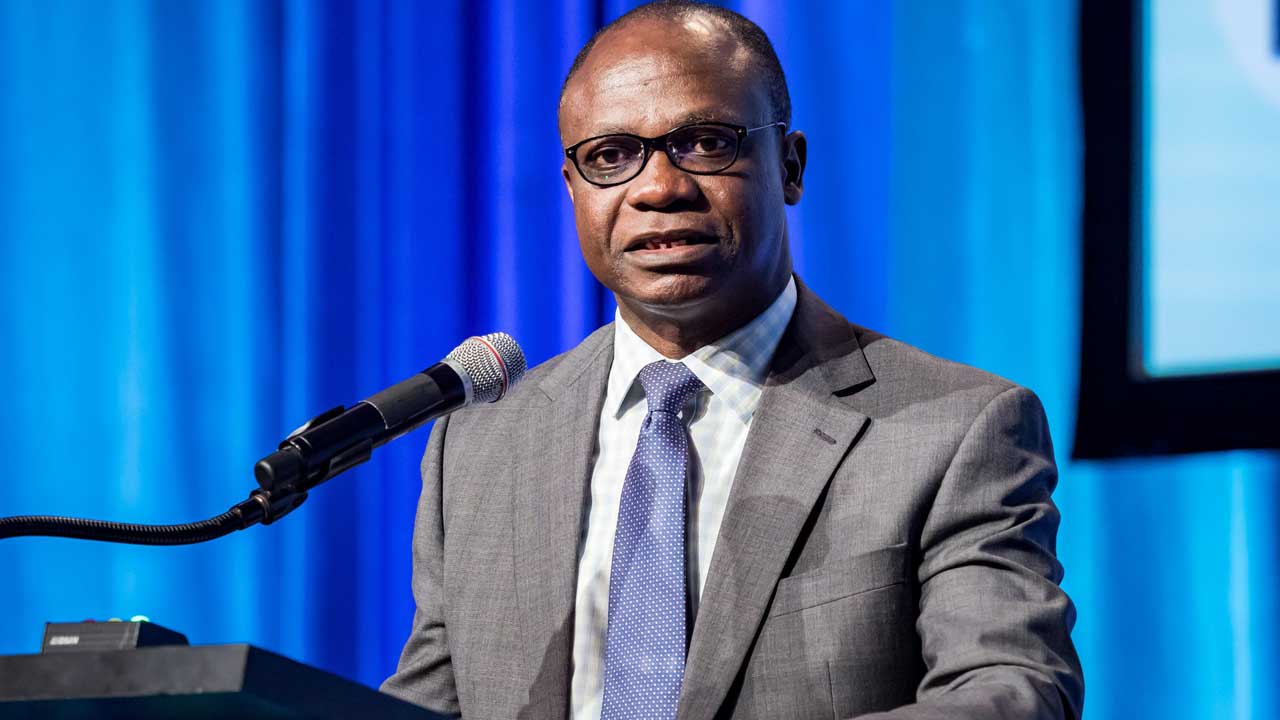A group of stakeholders has called for an end to special schools for children with disabilities.
During a meeting in Abuja, they demanded equal opportunities instead, under the Support Mainstream Inclusion So All Can Learn Equally (SMILE) banner.
Sunday Isiyaku, country director, Sightsavers Nigeria and Ghana, said making schools inclusive would enhance wellbeing and make it possible for Persons With Disabilities (PWDs) to have access to quality education.
The pilot programme of the SMILE project was conducted in some select schools in Jema’a LGA of Kaduna state.
Advertisement
James Lalu, the executive secretary, National Commission for Persons with Disabilities (NCPWD), who was represented by Nike Akinbola, head, development programmes and planning unit, said fast-tracking inclusive education will help PWDs to compete favourably globally.
“Studies have shown that children with disabilities constitute more than 50 percent of all the 10.5 million out-of-school children in Nigeria,” he said.
“According to the UN, UNICEF, about 95 per cent of children with disabilities amount to several million children with disabilities that are out of school in Nigeria.
Advertisement
“Remember that children with disabilities also need to become professionals, ministers one day and want to grow up to be presidents of this country too.”
Aisue-Don Akhere, deputy director, special needs, ministry of education said “the federal government has already reviewed or they are in the process of completing the review called national policy on inclusive education”.
“This will ensure that children with disabilities are involved in any segment of the education sector,” he said.
Zainab Isah, a teacher at UBE township, Kafanchan, Jema’a local government, commended the government, Sightsavers Nigeria and other donor partners for improving access to quality education for PWDs.
Advertisement
“The SMILE Project has put smiles on their faces and many lives, especially those with special needs because the parents feel so secure and happy to take their children to school,” she said.
Add a comment






